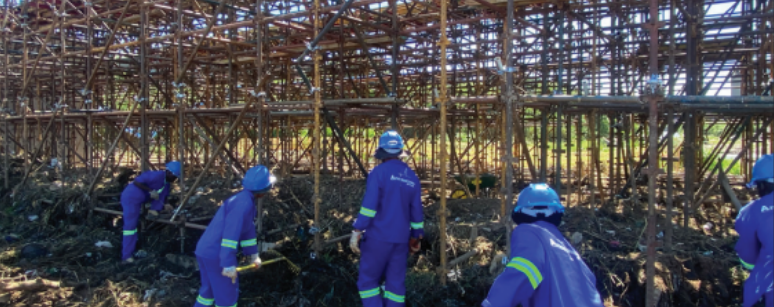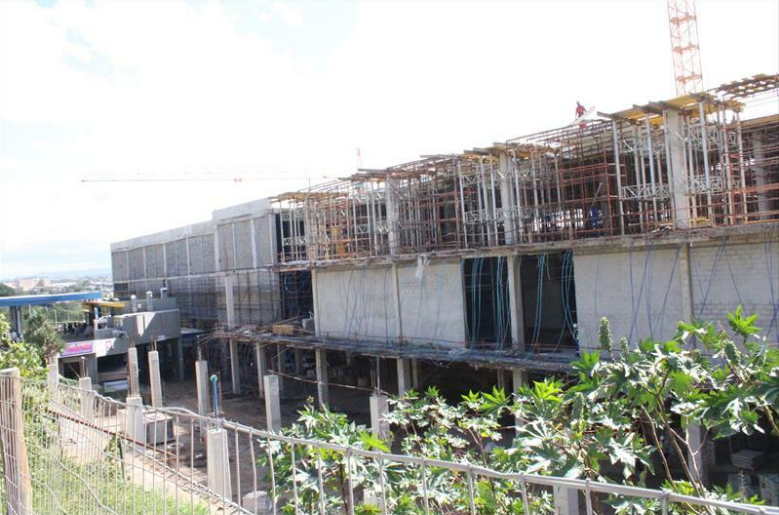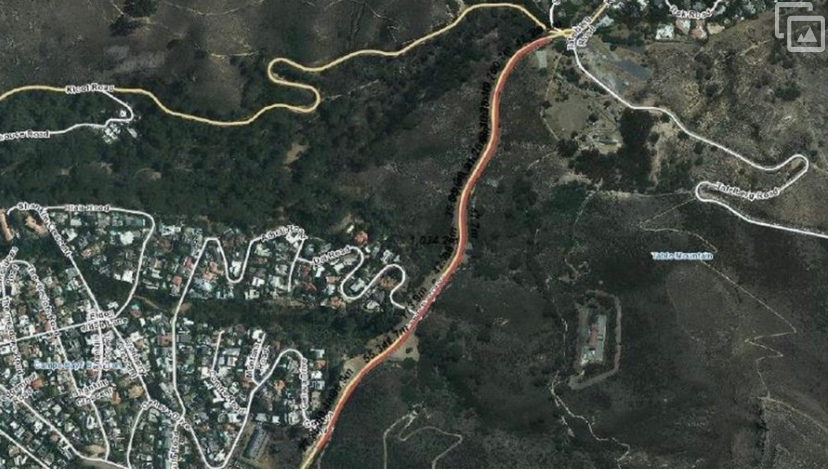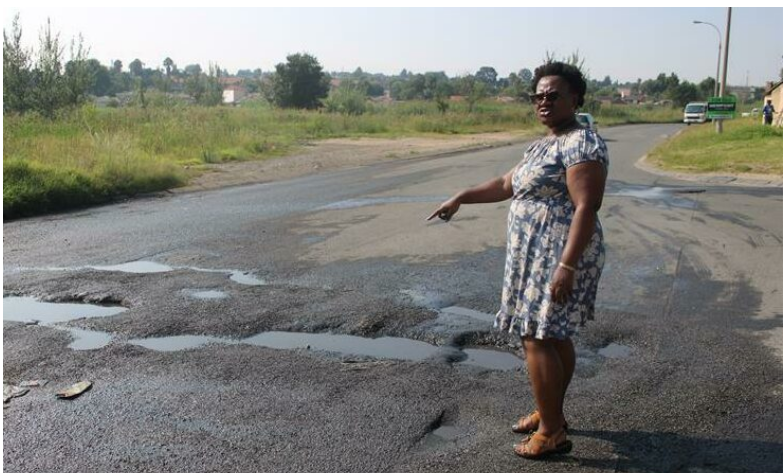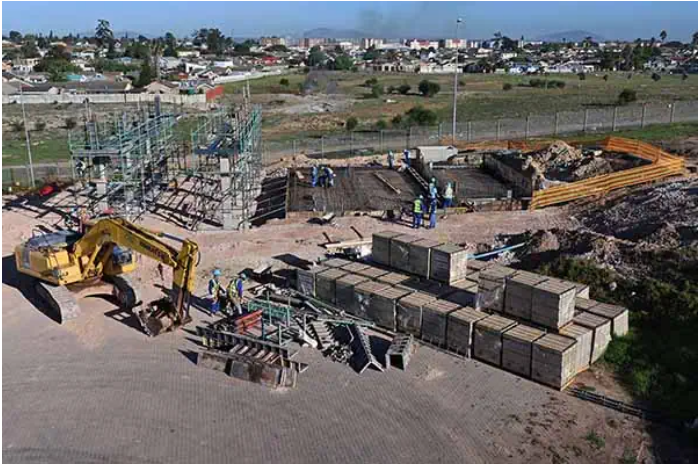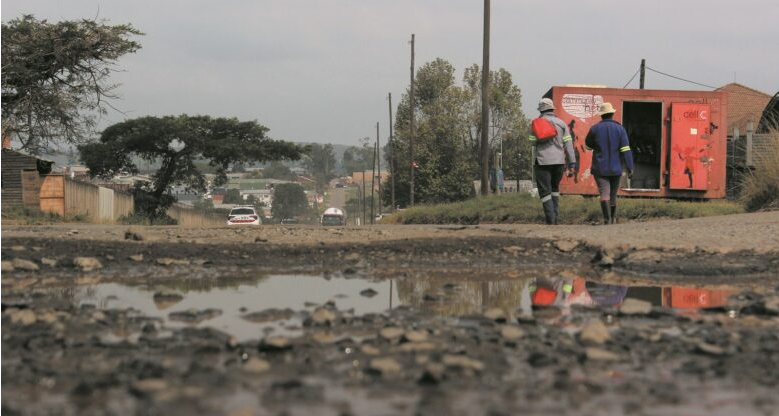Joint Ventures in tendering require correct application

19-04-2021
Read : 383 times
Taranis
Source
In a recent news article, it was reported that joint venture-bid was disqualified from a tender process worth R1.7bn on the basis that one of the partners, which required an Affidavit, as per the B-BBEE regulations, compiled it on a certain date and had it commissioned on a different date.
However and bearing in mind, that only a “Consolidated Certificate” is required for purposes of an unincorporated joint venture and not the individual certificates or the Affidavits of the respective partners, per se.
The “Consolidated Certificate” will amalgamate the already verified compliance data of each party to the joint venture, as if the new entity was a single “Measured Entity” and weighs it, in accordance with the “structure of the joint venture agreement”.
By not including the correct B-BBEE Certificate for a joint venture in a tender, could potentially lead to such disqualification and bidders are advised to construct these type of arrangements very early, as soon as the tender had been published.
Also, to bear in mind, that a “Consolidated Certificate” for a joint venture is tender specific and only valid for a period of twelve months.
According to Gerrit Davids, Lead Advisory at TaranisCo Advisory, tendering agency, “It is important for bidders to understand, not only the legal requirements for a joint venture, but also the structure of the “Consolidated Certificate”, which is formulated around, the Black ownership and Black female ownership percentage held in the respective entities, as well as their contribution in executing the specific joint venture”.
Davids says, “The incorrect application of the requirements for a joint venture in tendering, is but one of the many “Disqualifiers”, which could potentially eliminate a bidder from a tender process.
“Other “Disqualifiers”, could include aspects like losing B-BBEE points for exceeding the allowed levels of subcontracting, not meeting the required thresholds for Local Production and Content as well as not complying with the rules on subcontracting after the award of tender and not also allocating such subcontracts to the correct “Designated Groups”, as a requirement within a specific tender”.
“Bidders are always advised to make sure that their compliance is of the highest levels and not just to have an attitude of, “We know best”. Most bidders are not even aware that they’ve been disqualified and let alone; the reasons why they were. This is because they hardly exercise their Constitutional right to enquire as to the outcome of these tenders.”
Davids also advised that the recently launched Tendering Outlook Survey is still open for participation. To participate in the Survey, Click Here
Recent News
Here are recent news articles from the Building and Construction Industry.
Have you signed up for your free copy yet?
